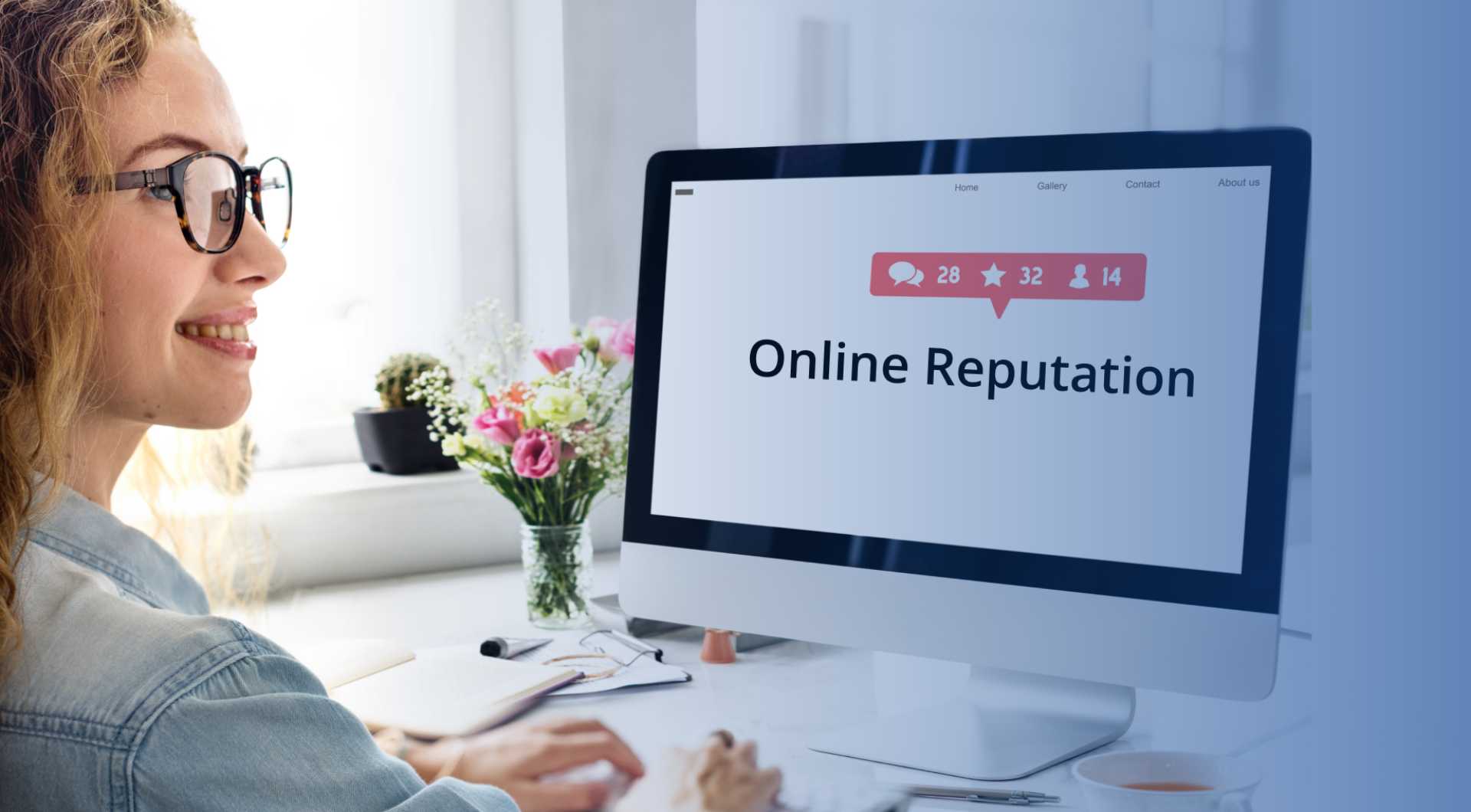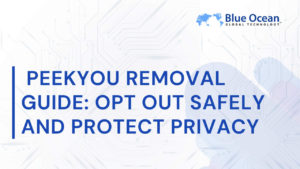
“The will to win is worthless if you do not have the will to prepare” – Thane Yost
For any organization or individual building online reputation and maintaining it is like saving a computer from malicious Trojans, which intend to gain access to an operating system and cause havoc. The most proactive step to prevent the devastation is by installing authentic anti-virus in the system. Similarly, an organization needs an authentic and prominent digital presence in order to protect against unforeseen circumstances that require Online Reputation Management (ORM) repair.
These seven proactive steps will help ensure you build a positive presence and mitigate the adverse effects of negative links.
1. Google your website
Google your organization’s name and negative keywords associated with it to obtain the very first reflection of your online image. Reputation management and digital marketing experts concur that Google’s algorithm often favors negative press and even mugshots, which naturally puts any individual or company at a severe disadvantage. Negative content, such as a rogue employee or crisis, can have an adverse effect on personal or brand reputation and its ability to attract new clients.

Google now processes over 40,000 search queries every second on average, (visualize them here) which translates to over 3.5 billion searches per day and 1.2 trillion searches per year worldwide.”
2. Alert Notification
Utilize proactive keyword monitoring tools that will notify you of any activity or information posted about your organization. Google Alerts, a free service provided by Google, will send an email notification when your organization’s name or news about key employees appears on the internet. Another key point to consider is that a company’s reputation is closely tied to its key individuals and employees. Therefore, it’s important to maintain your personal reputation.
3. Google Local Listings
This service provides a Google dashboard with the exact name, website link, contact details, and reviews posted about your business. The platform allows for the editing of profiles and feedback ratings for a particular business. A local consumer review survey has verified that “84% of people trust online reviews as much as a personal recommendation, and 58% of consumers say that the star rating of a business is most important”.
We value reputation,
Let’s rebuild yours.
A high reputation comes with a cost, put value on it.
4. Active Social Media Presence
Social media has become one of, if not the most effective tool for sharing information, and creating word of mouth buzz. Active posting of pictures or links across popular social media communities such as LinkedIn, Facebook, Twitter, and Google+ will help direct traffic to your website. According to a survey, “54% of people will visit the website after reading positive reviews and 73% of consumers think that reviews older than 3 months are no longer relevant. Social media plays a very crucial role for B2B companies to combat negative reviews.
5. Positive Blogs
Consistently post positive blogs that share how your business is creating value and helping people is a key pillar of a positive digital presence. Telling your story not only reinforces a positive digital footprint, but it also helps mitigate reputation risk by protecting against the effects of future negative press or customer reviews.
6. Zero-hour Response
Engaging responses to consumer feedback and quick responses to complaints allow a business to turn the proverbial lemon into lemonade. Success requires an internal process and awareness by employees of the importance of addressing negative reviews. A value addition will be a consumer coming back reporting resolution of the concern or complaint. Also, do not forget to thank the consumers who have posted positive feedback.
7. Allocate Resources
A positive reputation management and crisis budget is important to communicate effectively. Updates, including press releases, promotional advertising, and digital assets that can be found on search engine results naturally require a conscious investment of time and resources. Your online reputation is a strategic asset.
Note: This article was originally published here by our Chief Executive Officer, Sameer Somal
Frequently Asked Questions
1. Why is online reputation important in today’s digital landscape?
Your online reputation is everything in today’s digital landscape, affecting professionals and businesses across all fields, including healthcare, finance, education, real estate, and law.
2. What is the significance of reputation management for lawyers?
Effective reputation management for lawyers is essential, as it shapes public perception and influences client trust. Actively monitoring your online reputation, such as online feedback, and promoting positive client experiences can help you enhance your credibility in a competitive market.
Online Reputation Management Is Vital to Every Business.
Invest in Success, Call Us Today and Let Our Team of Professionals Help Maintain Your Good Name.












